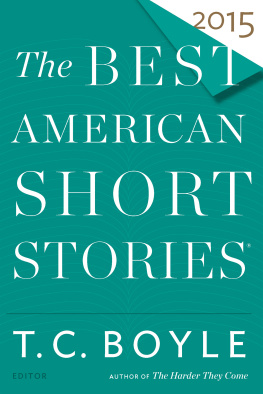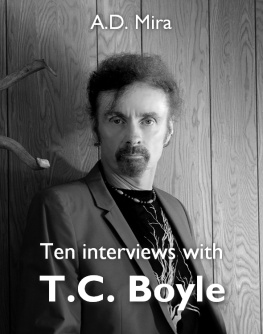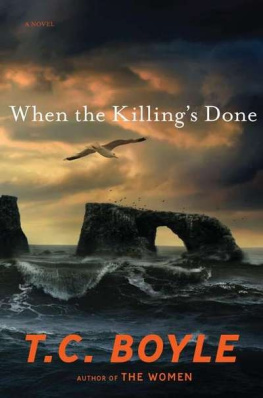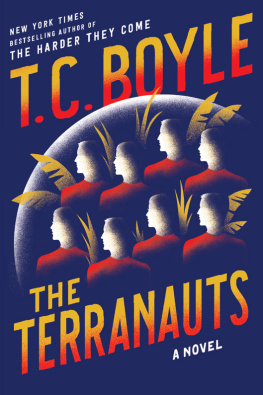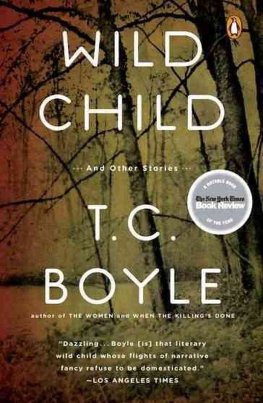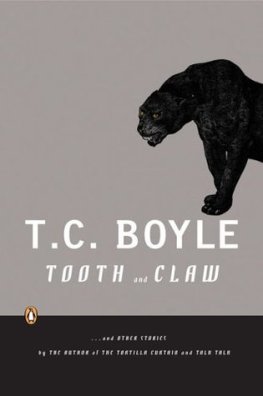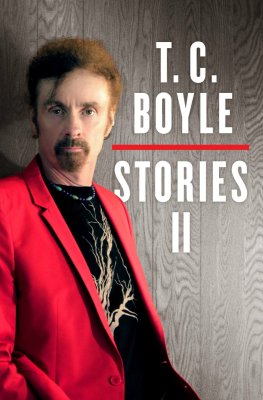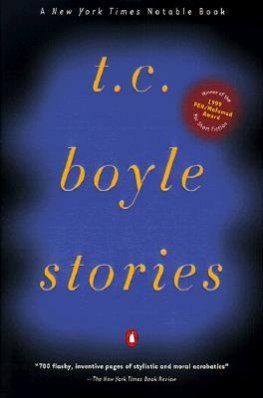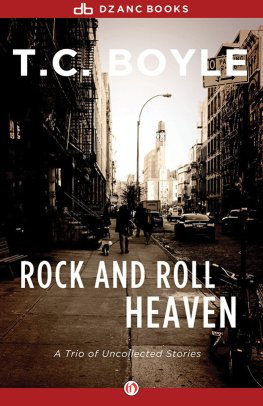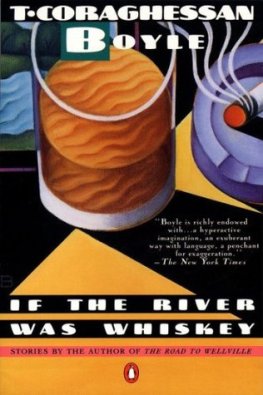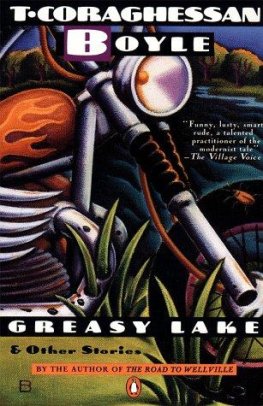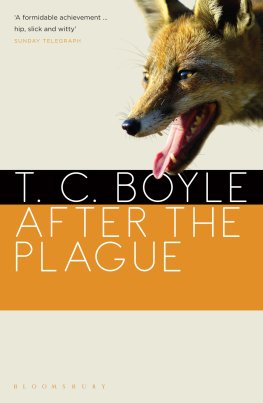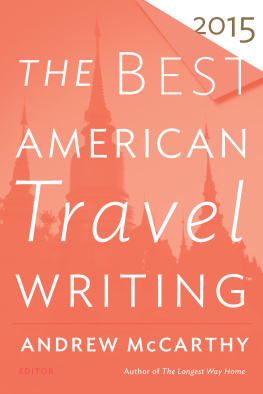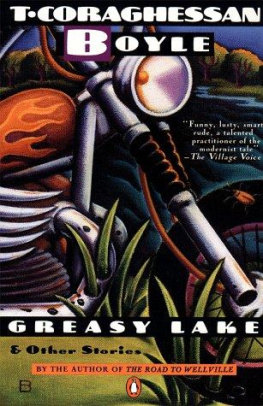Contributors Notes
M EGAN M AYHEW B ERGMAN was raised in North Carolina and now lives in Vermont. She studied anthropology at Wake Forest University and completed graduate degrees at Duke University and Bennington College. She is the author of Birds of a Lesser Paradise, Almost Famous Women, and a forthcoming novel. In 2015, she was awarded the Southern Fellowship of Writers Garrett Award for Fiction and a fellowship at the American Library in Paris.
Ive always been interested in unusual women with power, and when I first read about Joe Carstairs, I couldnt stop thinking about her: her early days as an ambulance driver and companion of Dolly Wilde, and then her later days as commander in chief of a small island in the Bahamas. I admire islands as settingsthey have their own peculiar, highly specific pressures and can function as a character in the narrative. While writing the story, I became obsessed with researching Whale Cay, through Kate Summerscales excellent biography of Joe (The Queen of Whale Cay), and through maps and real estate sites. I wanted its mostly unspoiled and wild character to envelop the reader and provide a lush backdrop for the antics of the passionate women who lived there.
When thinking about Joe Carstairs, an independently wealthy woman who loved to race boats and control others, I wanted to imagine the life of someone in her orbit. Im fascinated by the way we treat others, and how power dynamics reveal so much about characters and values. I came up with the character of Georgie, a girl from the small-town South who ended up as one of Joes many girlfriends on Whale Cay. There are islanders in the story who are also at Joes mercy; it was important to me not to romanticize her actions. She was interesting, but she was also flawed.
After I wrote the first draft of the story, I knew it had many successful elements, but it took three years of revising, and a final rigorous pass with the editors of The Kenyon Review, to come to the best draft.
J USTIN B IGOS was born in New Haven and raised in Bridgeport, Connecticut. His stories have appeared in McSweeneys Quarterly, Ninth Letter, and Memorious, and his novella, 1982, appears in Seattle Review. He is the author of the poetry chapbook Twenty Thousand Pigeons (2014). He cofounded and coedits the literary journal Waxwing and teaches creative writing at Northern Arizona University.
Fingerprints began as a memoir. I was finishing my first semester as a fiction student at the MFA program at Warren Wilson College (I dropped out the next semester, then eventually went back and finished in poetry). My adviser, Elizabeth Strout, was willing to look at this memoir, and I remember her e-mailing me at night to tell me that it was the best thing Id written all semester, and that whatever it was, fiction, memoir, essay, I needed to keep writing it, no matter what. So, of course, terrified, I put it away, for about ten years. During my two years of doctoral study (Im really good at dropping out of various levels of higher ed.), I had to take a workshop outside my main focus, which was poetry. I enrolled in a fiction workshop. And I struggled, since I hadnt written short stories for so long. I dug out Fingerprints, and I looked at it. With nothing much to lose at this point, I shattered it, then put it back together, adding new sections and, ultimately, deleting most of the original. I wanted to write a story about stories, I suppose. Though this story is still, to a large extent, a series of memories of my father, as well as my stepfather and mother and the city I grew up in, I wanted the story to be about storytellinghow we tell the stories of ourselves and, especially, of the people who torture us with their tainted love.
At some point I thought I might as well send the story to some magazines, even if I was really a poet. When McSweeneys took the story, over a year after Id sent it, Id kind of forgotten it was still out there, as it had been rejected from the dozen or so other places Id sent it. I was pretty shocked. Then I was thrilled, especially since editor Daniel Gumbiner wanted to chat on the phone about revisions and edits, and we went back and forth over e-mail about ways I could make the story even better. Dans insights and suggestions were essential to the final version of Fingerprints. Im grateful to him and McSweeneys for taking a chance on a nobody. Fingerprints was my first published story. I doubt I would now still be writing fiction if not for the editors of McSweeneys, who gave me a new confidence in my writing. A year later, I now have a collection-in-progress of stories, essays, and a novella, over a hundred pages and growing, titled (yup) Fingerprints.
Elizabeth Strout: this story is dedicated to you.
K EVIN C ANTY s seventh book, a novel called Everything, was published in 2010. He is also the author of three previous collections of short stories (Where the Money Went, Honeymoon, and A Stranger in This World) and three novels (Nine Below Zero, Into the Great Wide Open, and Winslow in Love). His short stories have appeared in The New Yorker, Granta, Esquire, Tin House, GQ, Glimmer Train, Story, New England Review, and elsewhere; essays and articles in Vogue, Details, Playboy, the New York Times, and Oxford American, among many others. His work has been translated into French, Dutch, Spanish, German, Polish, Italian, and English. He lives and writes in Missoula, Montana.
This story arose out of a time in my life when a lot of things that had been fixed in place started to come loose and rattle around. I found myself single for the first time since the Ford administration, for instance. My father had died. My daughter went to college in Oregon, and my son and his girlfriend struck out for California. I found myself largely alone for the first time in a long time, and without anybody to take care of. This felt difficult in the way I remembered adolescence as difficult: no clear path forward, not even sure what I was supposed to want. This was a moment I recognized as having a lot of potential for movement, for change, the things that stories are made out of.
Into this complex and volatile mixture of emotions was injected a scandalous barroom anecdote, and the story precipitated out pretty quickly from there.
D IANE C OOK is the author of the story collection Man v. Nature. Her fiction has been published in Harpers Magazine, Granta, Tin House, One Story, Zoetrope: All-Story, Guernica, and elsewhere. Her nonfiction has appeared in the New York Times Magazine and on This American Life, where she worked as a radio producer for six years. She won the 2012 Calvino Prize for fabulist fiction, and her story collection was a finalist for the Los Angeles Times Art Seidenbaum Award for First Fiction and received an honorable mention for the PEN/Hemingway Award. She lives in Oakland, California.
When I sat down to write the first draft of Moving On I was thinking about a lot of things. I was thinking about being left behind. I was thinking about all the risks we take when we love someone and all the ways we might try to protect ourselves. I was thinking about my dad, who was trying to move on after my mom died. I worried it was too quick and I wished hed take more time to grieve. I was thinking about how I was drowning in my own grief and wishing I could move on.
I was thinking about a kind of e-mail I used to get when I lived in Brooklyn. Mass e-mails from friends saying something like My elderly neighbor has just died and left behind this sweet toy poodle named Angel. Do you know anyone who might want to adopt Angel so she doesnt get sent to a shelter or put down? I was thinking about how confused that poor poodle must feel to have her whole life altered, possibly ended, and probably not understand why. And I was thinking about the people this happens to. Either because they are removed from the only life they know, or because the life they know is forever changed by the absence of the person who is gone. Their loss is doubled in a way.

